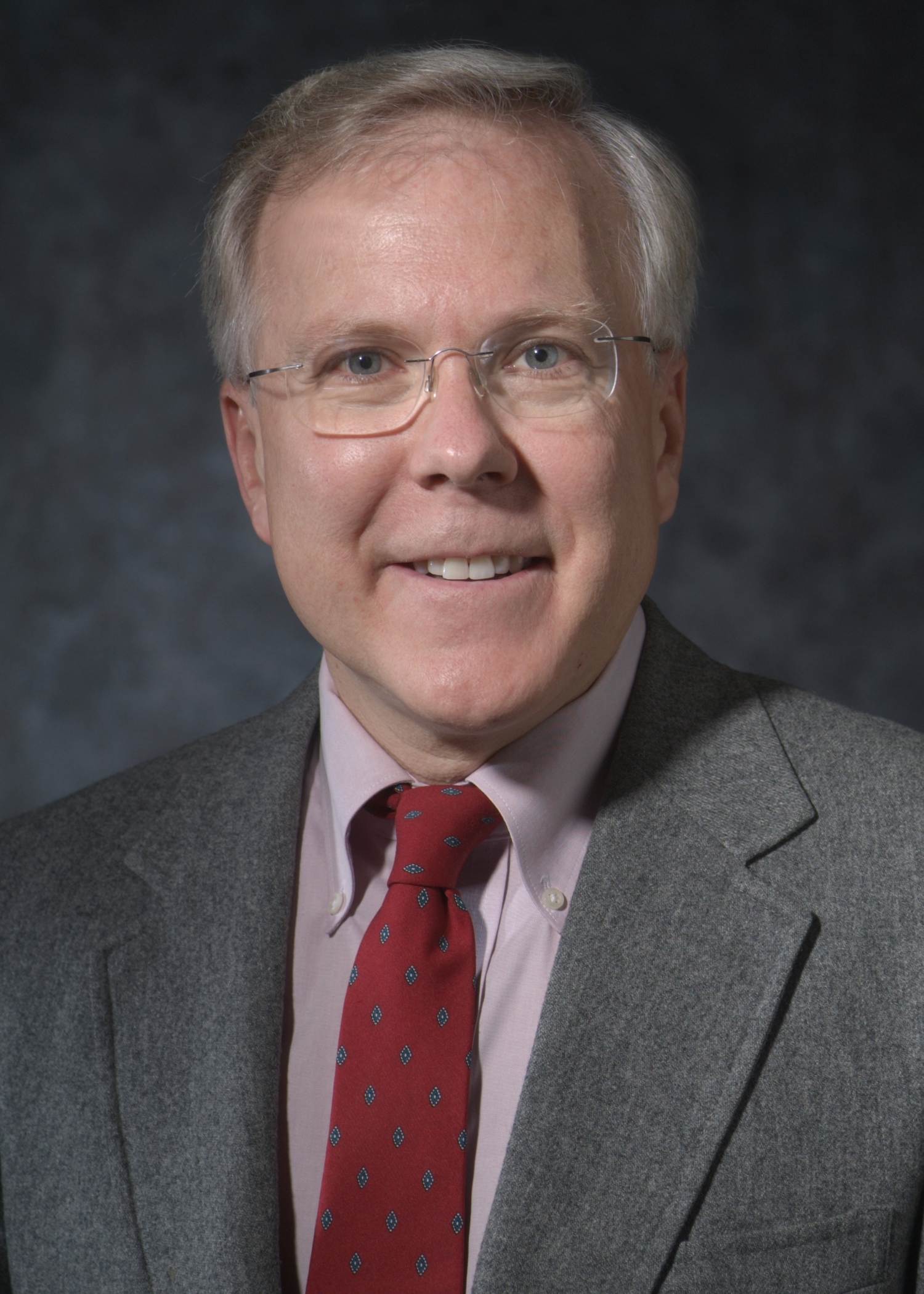Historical Vignettes Deepen Science Learning
FAYETTEVILLE, Ark. — A University of Arkansas professor wants science educators to put a human face on the science concepts they teach in the classroom.
In a paper to be presented at the biennial conference of the International History, Philosophy, and Science Teaching Group, William McComas offers science educators a set of historical vignettes to better teach students about the underlying nature of science.
“Incorporation of rich historical episodes into the science classroom can humanize science by raising instruction from the mere recitation of facts to its exploration as an authentic and exciting human adventure,” McComas wrote.
According to McComas, there is a consensus among educators interested in science curriculum reform that “a robust and authentic science program must contain elements of the nature of science” for students to understand both the content and process of science.
McComas explained “nature of science” as “a rich description of science; how it works, how scientists operate as a social group and how society itself both directs and reacts to scientific endeavors.” The field includes aspects of history, sociology and philosophy of science. In previous research, he had developed a list of nine core nature of science concepts appropriate to a K-12 curriculum. The current research adds an extensive list of historical vignettes that link to those concepts.
In an examination of eight recent textbooks, McComas identified and analyzed historical examples used to clarify nature of science concepts. He found that 59 percent of examples relating to nature of science came from the physical sciences. He cautioned that there is a danger that students could miss the unity of science when so many examples come from one discipline.
“Students must be provided opportunities to see that the core nature of science ideas transcend the traditional boundaries of scientific disciplines,” McComas wrote.
The great majority of examples he examined came from older rather than contemporary historical accounts. Einstein, Newton, Galileo and Darwin were used frequently. While those scientists are useful, McComas noted that students need to see contemporary examples in order to understand that “the rules of the 'game’ of science operate in much the same fashion today as they have in the past.”
McComas identified a gap in some accounts between presenting principles and making an explicit link to nature of science concepts. For example, one text used an account that illustrated the distinction between laws and theories, but because the author never labeled the examples “law” or “theory,” he missed an opportunity to explicitly teach nature of science concepts.
“If students do not have an explicit opportunity to link the historical example with a nature of science principle,” McComas wrote, “they will likely hear these accounts of science and consider them interesting but not particularly enlightening stories.”
McComas is the Parks Family Professor of Science Education in the College of Education and Health Professions at the University of Arkansas and is president of the International History, Philosophy, and Science Teaching Group. He will present his paper, “Seeking Historical Examples to Illustrate Key Aspects of the Nature of Science,” at 11 a.m. Thursday, June 28, at the organization’s international conference in Calgary, Alberta.
Contacts
William F. McComas, Parks Family
Professor of Science Education
College of Education and Health
Professions
(479) 575-7525, mccomas@uark.edu
Barbara Jaquish, science and research communications officer
University Relations
(479) 575-2683, jaquish@uark.edu
Headlines
PetSmart CEO J.K. Symancyk to Speak at Walton College Commencement
J.K. Symancyk is an alumnus of the Sam M. Walton College of Business and serves on the Dean’s Executive Advisory Board.
Faulkner Center, Arkansas PBS Partner to Screen Documentary 'Gospel'
The Faulkner Performing Arts Center will host a screening of Gospel, a documentary exploring the origin of Black spirituality through sermon and song, in partnership with Arkansas PBS at 7:30 p.m. Thursday, May 2.
UAPD Officers Mills and Edwards Honored With New Roles
Veterans of the U of A Police Department, Matt Mills has been promoted to assistant chief, and Crandall Edwards has been promoted to administrative captain.
Community Design Center's Greenway Urbanism Project Wins LIV Hospitality Design Award
"Greenway Urbanism" is one of six urban strategies proposed under the Framework Plan for Cherokee Village, a project that received funding through an Our Town grant from the National Endowment for the Arts.
Spring Bike Drive Refurbishes Old Bikes for New Students
All donated bikes will be given to Pedal It Forward, a local nonprofit that will refurbish your bike and return it to the U of A campus to be gifted to a student in need. Hundreds of students have already benefited.





